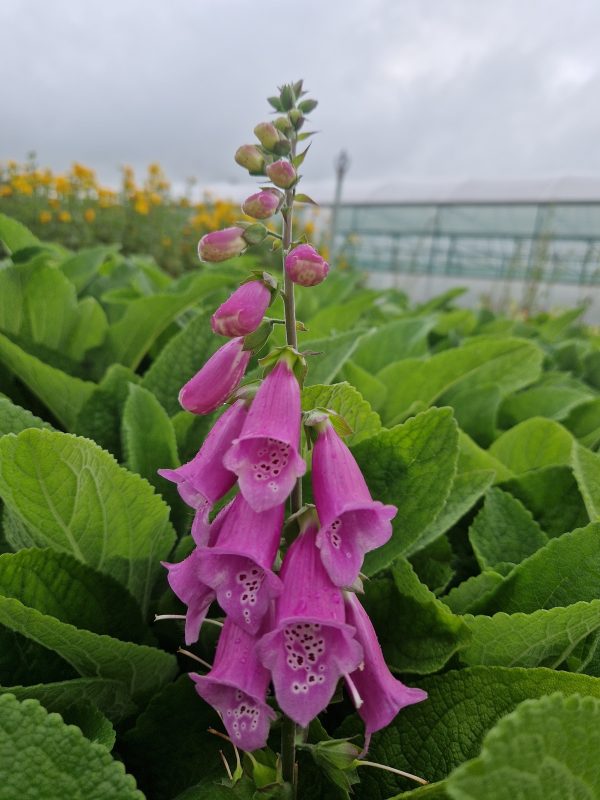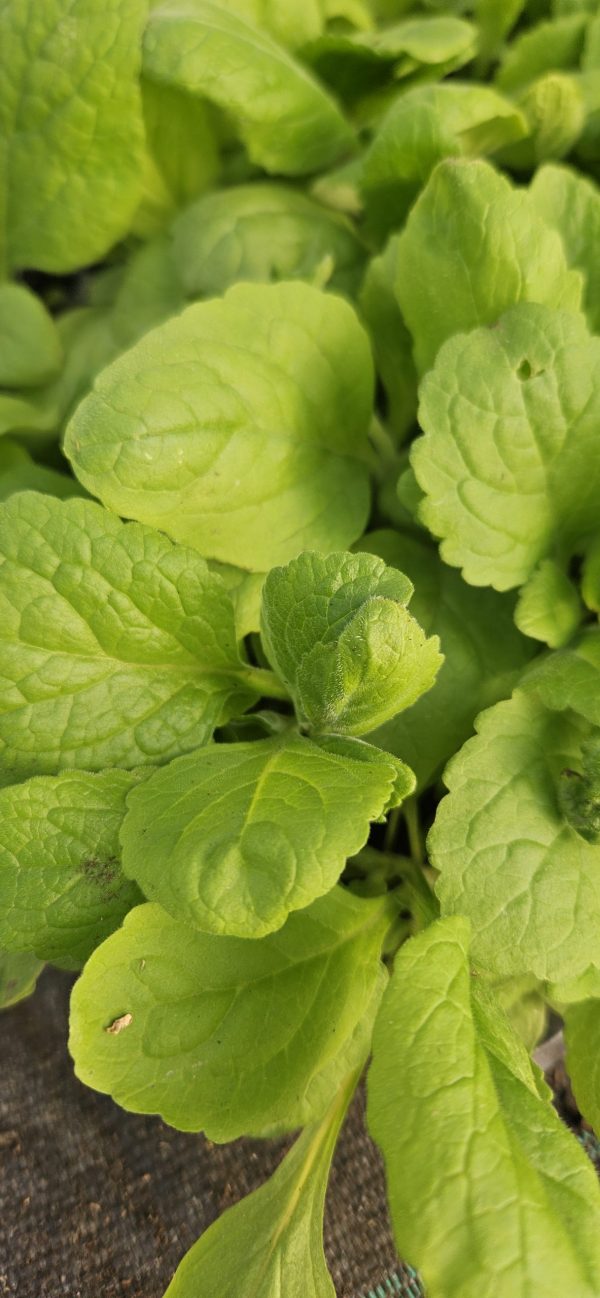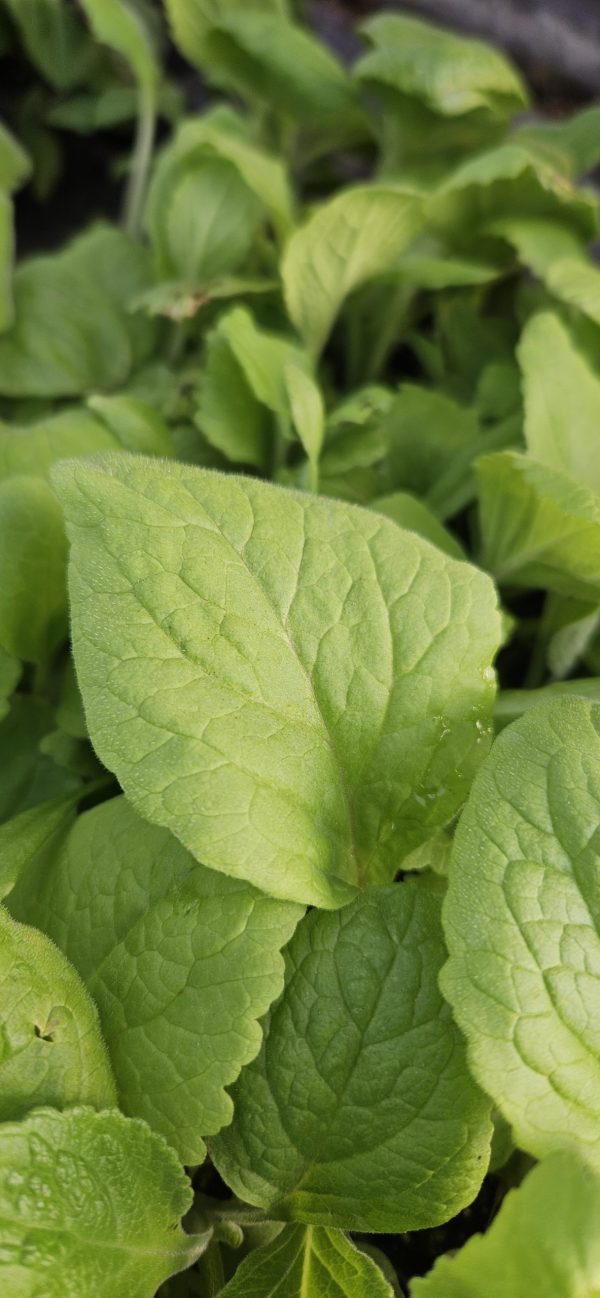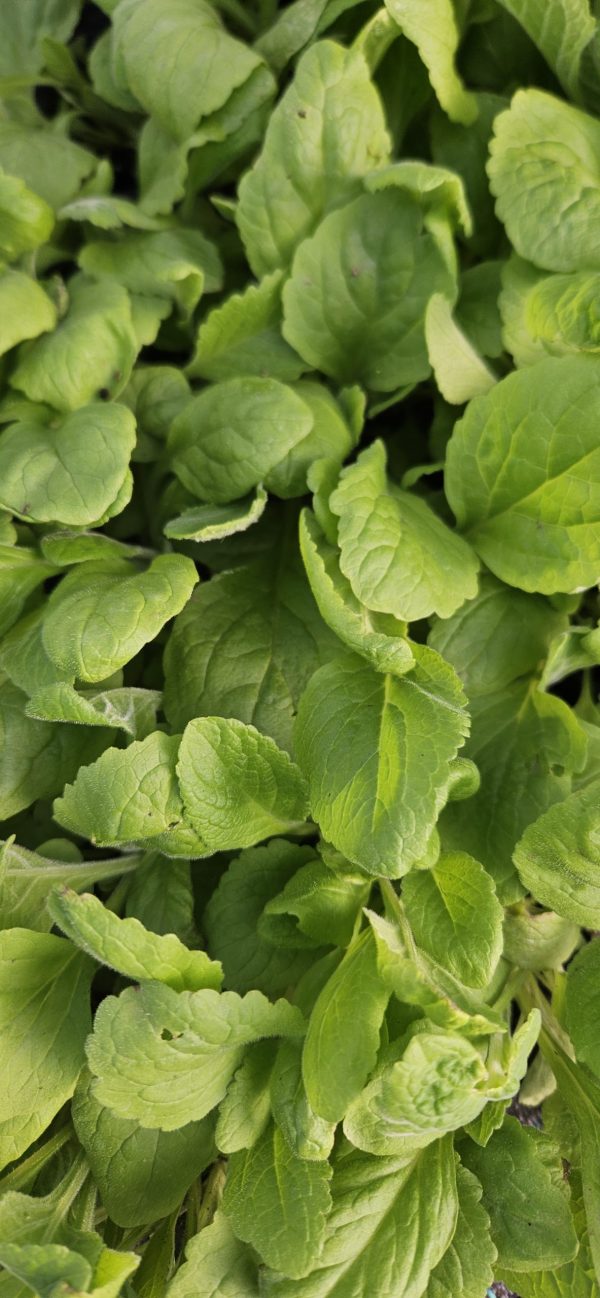Digitalis purpurea
£6.45
Common Foxglove. A short-lived perennial with hairy, dark green leaves. One sided spikes of purple, pink or white flowers, spotted maroon or purple inside. Height 1m to 2m. Spread 60cm. Flowers April to June. Full sun/partial shade. Hardy
Description
Digitalis purpurea, commonly known as the Common Foxglove, is a striking short-lived perennial or biennial that produces tall spires of tubular flowers in purple, pink, or white, often with beautifully spotted throats. Reaching heights of up to 2 metres, this cottage garden favourite adds dramatic vertical interest and attracts pollinators throughout its flowering season.
PLANTING and AFTERCARE GUIDE
Best Planting Time
- Spring: The best time to plant Digitalis purpurea is in spring when the soil begins to warm. This ensures strong root establishment before the flowering season.
- Autumn: Planting Digitalis in early autumn allows the plant to settle in before dormancy, supporting vigorous growth the following year.
Site Selection
- Sunlight: Digitalis thrives in full sun to partial shade. A location with at least 4–6 hours of direct sunlight per day is ideal for healthy flowering.
- Soil: Choose well-drained soil enriched with organic matter. Digitalis purpurea does not tolerate waterlogged conditions, so good drainage is essential.
Planting Instructions
- Prepare the Hole: Dig a hole twice the width and the same depth as the root ball to give Digitalis purpurea space to spread.
- Soil Preparation: Mix in organic matter such as compost to enhance fertility and drainage.
- Planting: Place the plant so the crown is level with the surrounding soil. Backfill carefully, firming the soil to remove air pockets.
- Watering After Planting: Water Digitalis purpurea thoroughly after planting to settle the soil around the roots, ensuring the site drains freely.
Watering Requirements
- Growing Season: Water during dry spells, allowing the soil to dry slightly between sessions. Overwatering should be avoided to prevent root issues.
- Dormant Season: Reduce watering during dormancy, only providing moisture if the soil becomes overly dry.
Feeding
- Spring: Apply a balanced, slow-release fertiliser in spring to support new growth and flower spike development.
- Mid-Summer: A light feed during mid-summer helps Digitalis purpurea maintain vigour and extend its flowering period.
Pruning
- Deadheading: Remove spent flowers regularly to prolong blooming and encourage fresh flower spikes.
- Autumn Pruning: After flowering finishes in late summer or autumn, cut Digitalis purpurea back to its basal rosette to tidy the plant and prepare it for dormancy.
Mulching
- Spring: Apply a layer of organic mulch, such as compost or bark chips, around the base to retain soil moisture, suppress weeds, and regulate soil temperature.
- Winter: Mulching also protects the roots of Digitalis purpurea from cold snaps, ensuring a strong return the following season.
Supporting the Plant
- Staking: Tall flower spikes of Digitalis purpurea may need staking, particularly in exposed spots. Use discreet supports to prevent wind damage while maintaining natural elegance.
Final Tips
Digitalis purpurea is a low-maintenance yet high-impact plant that brings cottage garden charm and pollinator appeal. Plant it in groups for dramatic displays, or mix with other perennials for layered interest. With the right care, this Digitalis will thrive and reward you with stunning flower spikes year after year.
Additional information
| Pot Size | |
|---|---|
| Plant Botanical Type | Perennial (herbaceous) |
| Flower Colour | Purple, Pink, White |
| Leaf Colour | Green |
| Varigated Leaf | No |
| Scent | No |
| Height | 2m |
| Spread | 0.6m |
| Blooms/foliage interest in | Spring, Summer |
| Evergreen | No |
| Hardiness | mild winter to – 5C |
| Container | Borders and Containers |
| Sun/shade | Full sun, Partial Shade |
| Soil Type | Loam (normal) |
| Soil PH | Neutral |
| Drainage | Well drained soil |
| Hazerdous | No |
| Insect Attraction | Bees |











Wendy (verified owner) –